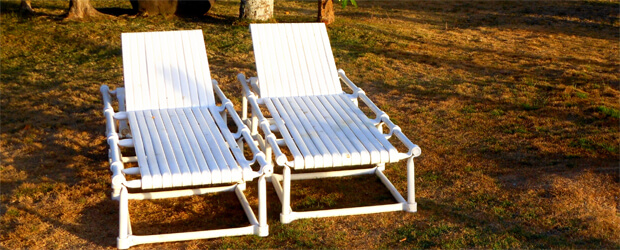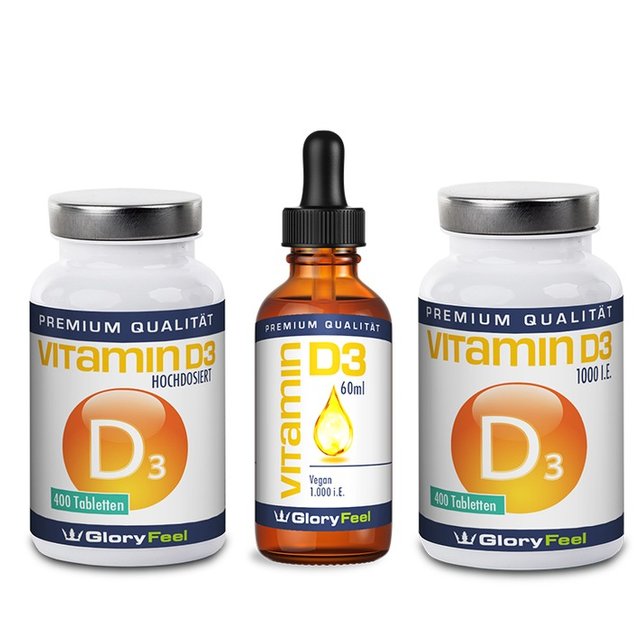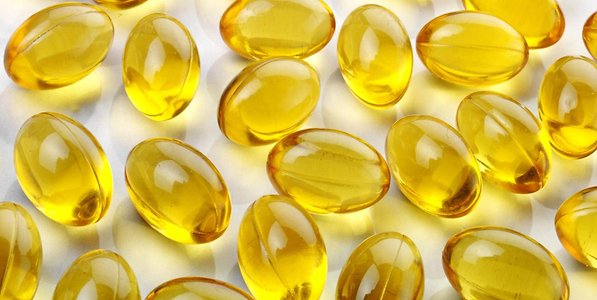Why we need Vitamin D.

Many people think fruits and vegetables are the best vital substance suppliers. However, exposure to the sun can also contribute to the supply of vital substances - namely to the supply of vital vitamin D. Vitamin D - which is also called vitamin D3 - is not a vitamin in the conventional sense, but vitamin D is rather a hormone. The body can produce vitamin D itself - provided that sufficient sunlight reaches the skin: In Germany, the sun shines an average of 128 hours per month. Germans should therefore be well supplied with the sun vitamin.
Cancer, cardiovascular diseases, diabetes and depression: all this should prevent vitamin D. The vitamin comes "free house", the body can make it in sunlight.

"Although Vitamin D3 is found in animal foods, it is the form of vitamin D that the body can produce itself when there is sufficient sunlight on our skin, whereas vitamin D2 is contained in plant foods in the body into the proactive vitamin D3, which is then converted into liver and kidney in the biologically active form. "
We would have to stay in the sun for 15 - 20 minutes every day around lunchtime, leaving one quarter of the body surface undisturbed, so that we would be well supplied with vitamin D3 in our latitudes, at least in summer," says Oliver, At this time, however, many people work and stay indoors. In addition, sunscreen is often used to protect the skin from sunburn or premature aging in summer. Sonnenmilch & Co., however, prevent vitamin D3 supply via the skin: they do not pass the UV-B rays of the sun that are important for vitamin D3 formation. So there is hardly any refueling of vitamin D3 storage in the summer - and they are soon empty in the winter. In the current season, at least in our latitudes, the sun peeps too seldom through the clouds and is far too low in the sky for its UVB rays to reach the skin and stimulate vitamin D3 synthesis. That means by the end of winter at the latest, our vitamin D reserves are therefore used up. "In comparison to sun exposure, food for vitamin D supply play the smaller role,". In truly significant amounts, vitamin D is found in animal and vegetable foods that we traditionally rarely bring to the table: for example in cod liver or in shiitake mushrooms. In high-fat fish, offal, eggs or mushrooms vitamin D is contained in a manageable amount. One would have to eat 6-7 eggs, 10 kg curd or 1 kg mushrooms daily, to estimate the vitamin D requirement in the absence of self-synthesis by the body. According to the German Nutrition Society, this value is 20μg per day.

Vitamin D pills are very popular. But are they even useful to us?
"For people who spend a lot of time in closed rooms or who are sunscreening with sunscreen and do not have vitamin D self-synthesis in their skin, it may therefore make sense to provide the body with vitamin D3 in the form of dietary supplements." explains Oliver Hanke. Vitamin D3 drops and capsules.
Informative post